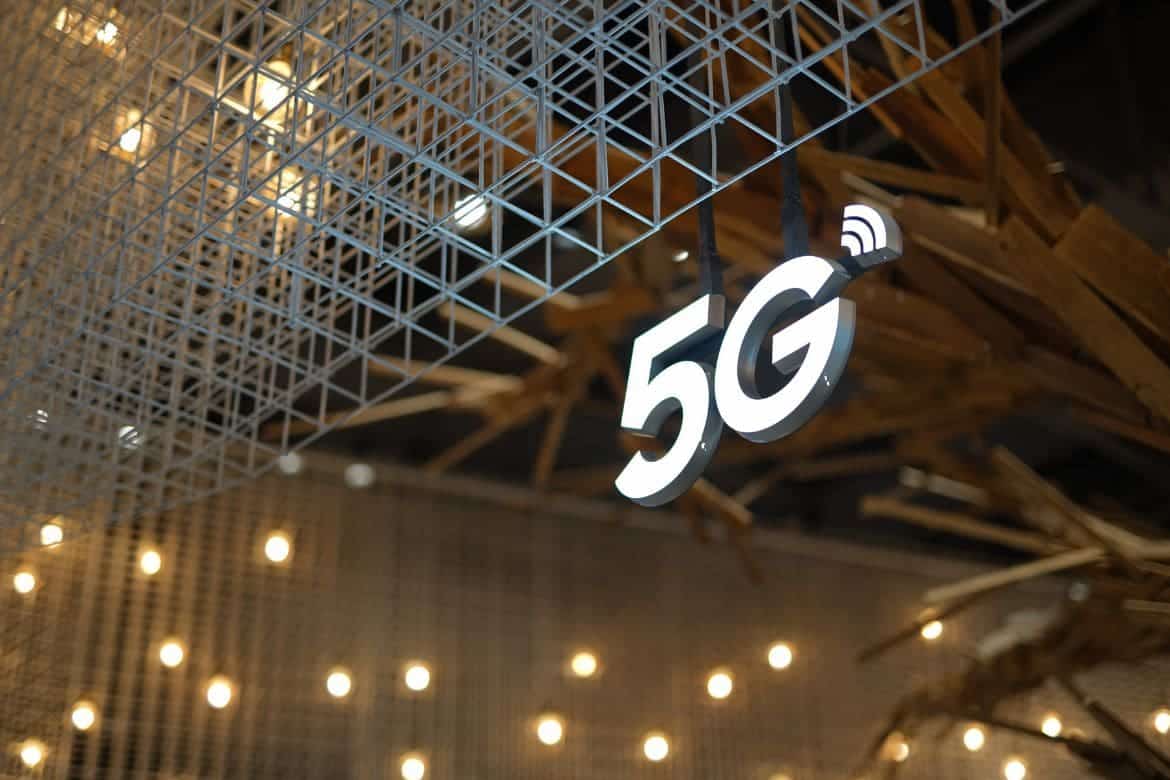According to BusinessDay, MTN Nigeria today formally launched its fifth-generation (5G) mobile internet services at 190 locations throughout the West African nation, with the majority of the sites being in Lagos and Abuja. This is a historic day for Nigerian telecommunications.
According to reports, some consumers in these places are already enjoying internet rates of more than 1.4GB per second. After nearly three years of planning by the Federal Government, the National Communication Commission (NCC) of the nation had earlier chosen Wednesday, August 24, as the date for the rollout of 5G.
Nigeria has now joined Kenya and South Africa as the three African countries to introduce 5G services. After a modest rollout by service provider Rain in South Africa in 2019, Safaricom launched its first 5G services in Kenya in March 2021. Ghana and Egypt are following closely behind these three countries on the rest of the continent, anticipating a deployment as soon as possible.
Nigeria’s 5G adoption has lagged behind other modern nations as a result of laws and clogged approval processes for spectrum auctions. Nigerians were still waiting for the Federal Government to approve the introduction of the technology in July 2021, despite the NCC’s claims that it was.
In September, approval was given. MTN and Mafab Communications won the first 5G spectrum auction sponsored by the NCC, which took place in December 2021.
Mafab apparently received a five-month extension for its 5G rollout across the nation, whereas MTN was able to start its 5G on schedule. As of February, MTN and Mafab both had to pay a total of $550 million for licenses.
MTN Nigeria anticipates that by October, the number of 5G sites would have rapidly increased, covering 500–600 more locations throughout the most populous country in Africa.
As of right now, not every user will be able to utilize 5G, but because some mobile devices need software updates in order to access the service, other devices might not be able to use it at all.
According to BusinessDay, Nigerian customers of Samsung and Apple may not be able to access 5G services until six weeks (in the case of Samsung) or until October (in the case of Apple), since manufacturers must first deliver their corresponding upgrades.


